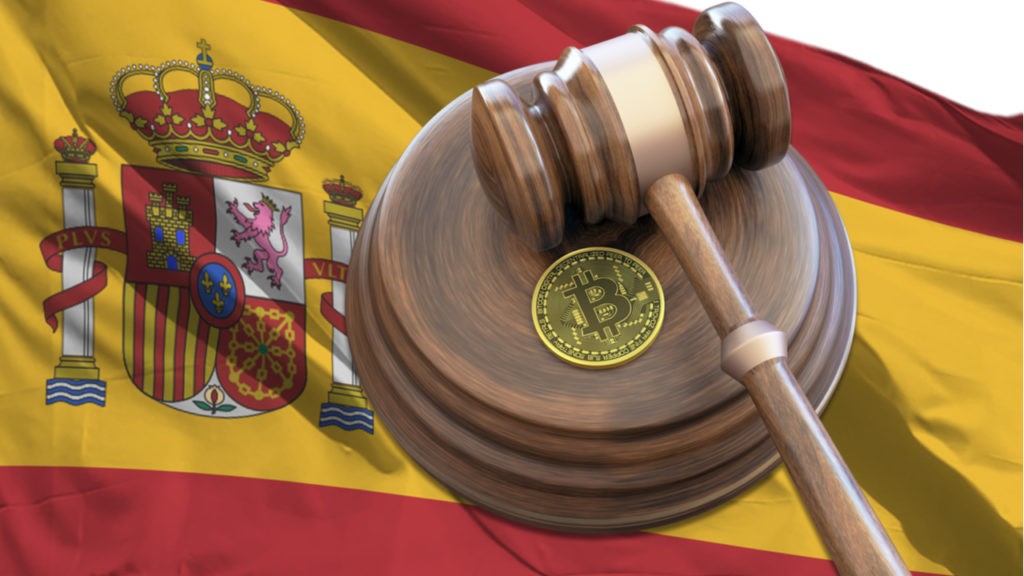Spain Prepares Registry for Cryptocurrency Exchanges and Custody Providers

The authorities of Spain must prepare a registry of cryptocurrency exchanges and custody providers to comply with legal requirements to address transparency and terrorism financing issues. This registry is specified by the Prevention of Money Laundering and Financing of Terrorism Law, approved last year. The process, which started in April, gives these service providers until October to register.
Spain to Create Virtual Asset Provider Registry
The Bank of Spain must determine the requirements to start registering cryptocurrency exchanges and custody providers, as determined by Spanish law. The virtual asset service providers must register with the institution to implement anti-money laundering and anti-terrorist financing measures. This is mandated by the Prevention of Money Laundering and Financing of Terrorism Law that was approved last year.
The period established by law to allow these providers to register started in April and ends in October. After that, cryptocurrency service providers will have a second period to register that finishes in January 2022. The law states the purpose of the registry is to:
…improve the mechanisms for the prevention of terrorism and improve the transparency and availability of information about true cryptocurrency owners.
Stringent Regulations
Spain has been busy regulating cryptocurrency and cryptocurrency interactions this year, approving a series of laws that exert more control on crypto and fiat holdings. The so-called anti-fraud law, passed on July 7, establishes that Spanish citizens must disclose their cryptocurrency ownership for assets inside and outside the country. The law also states that custody providers must report information about their customers and their holdings.
The antifraud law prescribes harsh penalties for failure to disclose this information. Customer data will be available to all countries in the European Union, as well. According to Alejandro de la Cruz, a Spanish financial lawyer, the registry will mark a before and after for crypto-related service providers in Spain. This might affect the growth of cryptocurrency adoption in the region because exchanges will have to comply with a lengthy process and identity themselves and their customers to regulators.
However, part of the Spanish congress seems to understand the importance that cryptocurrencies can have in the lives of citizens. A new draft law introduced earlier this month, seeking to modernize the Spanish legal structure, would allow Spanish citizens to pay their mortgages with cryptocurrency.
What do you think about Spain registering crypto-related service providers? Tell us in the comments section below.



